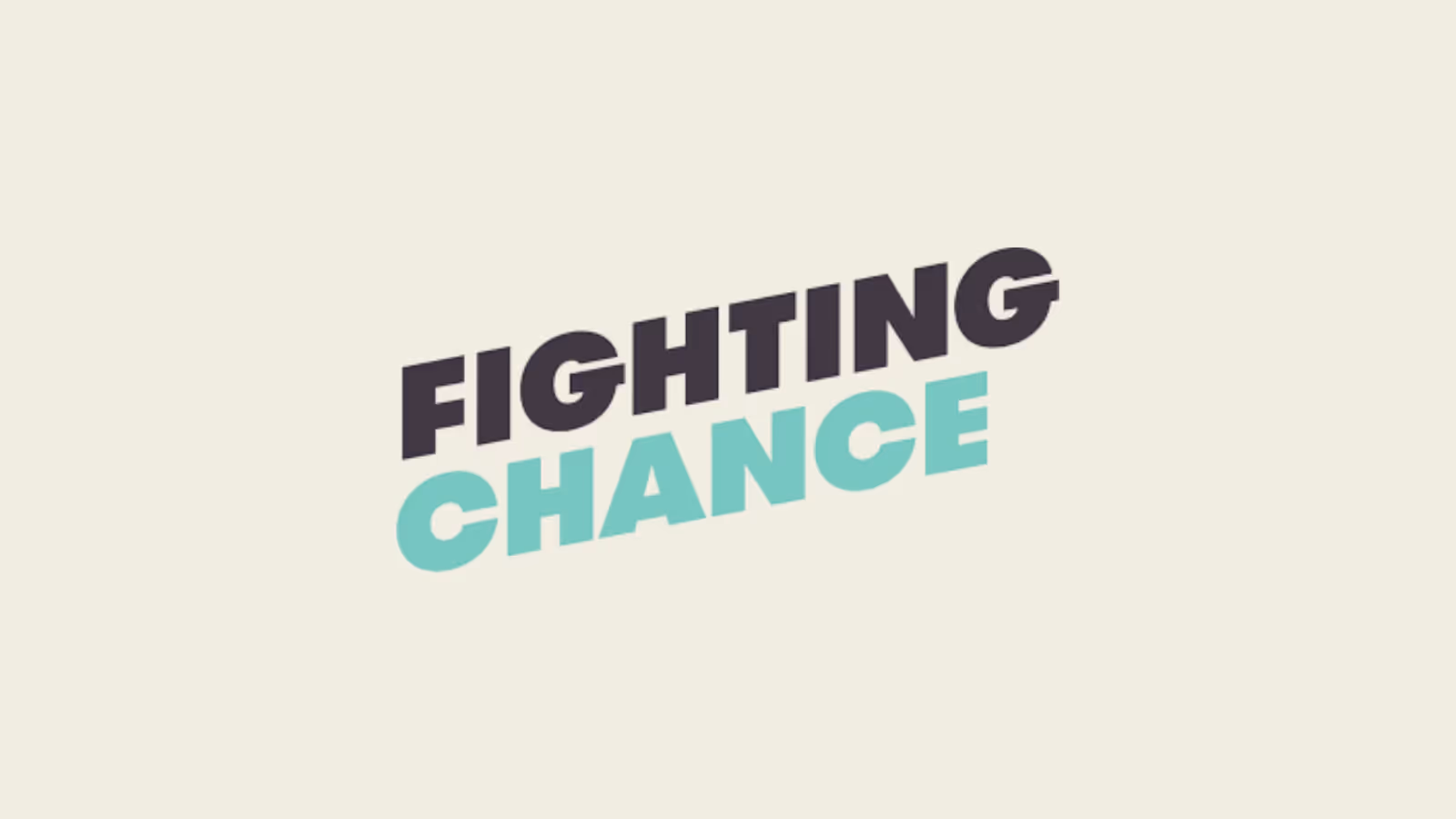Mental Health Sick Leave Explained
Learn how mental health sick leave works for stress, burnout, and legal rights.

Mental health issues like stress and burnout are common in the workplace, workers are questioning how to get adequate support, and what can business do the best support them. Questions and the legal and practical aspects of taking mental health leave also tends to exacerbate the issue.
In this article, we clarify what it means to take a mental health days off, the legal entitlements, and how employers and employees can effectively manage mental health in the workplace.
What is Mental Health Sick Leave?
Mental health sick leave refers to the time taken off work by an employee to address and recover from mental health issues.
This type of leave is recognised as equally important as leave taken for physical illnesses or injuries. When an employee feels mentally unwell, they have the right to take time off to rest, seek professional help, and recuperate, ensuring they can return to work with a clearer and healthier mindset.
This kind of leave could be considered as part of a workers personal and carers leave access, though some workplaces will go one step further and have a dedicated leave day for mental health.
Find out more about why mental health at work matters.
Reasons for Taking Mental Health Sick Leave
Employees might need to take mental health leave for various reasons, including but not limited to:
Stress
High levels of workplace stress can lead to mental exhaustion and decreased productivity. Taking time off allows employees to decompress and address the root causes of their stress.
Burnout
Chronic workplace stress can result in burnout, characterised by emotional exhaustion, detachment, and a sense of ineffectiveness. Mental health leave can provide the necessary break to recover and rejuvenate.
Bereavement
The loss of a loved one can significantly impact mental health. Employees may need time to grieve and process their emotions without the added pressure of work responsibilities.
Mental Health Conditions
Diagnosed conditions such as depression, anxiety, OCD, PTSD, ADHD, and eating disorders may require time off for treatment, therapy sessions, or simply to rest.
Personal Issues
Other personal challenges, such as relationship problems or significant life changes, can affect mental wellbeing. Taking mental health leave can help employees cope with these issues more effectively.
See our guide on how to help an employee with anxiety.
Comparison with Physical Illness or Injury Leave
Mental health sick leave should be treated with the same seriousness as physical illness or injury leave. Just as an employee with the flu or a broken leg would take time off to heal, an employee struggling with mental health issues such as anxiety, depression, or severe stress requires time away from work to focus on their wellbeing.
The process for requesting mental health leave, including notifying the employer and providing necessary documentation, should mirror the procedures for physical health-related absences.
Legal Framework and Workplace Obligations
The Fair Work Act 2009 and the National Employment Standards (NES) are the primary legal frameworks governing employment conditions in Australia.
These laws ensure that all employees, except casual workers, are entitled to personal/carer’s leave, which can be used for mental health reasons. The NES guarantees full-time and part-time employees 10 days of paid personal leave per year.
Under the NES, mental health issues, including stress, anxiety, and depression, can fall under personal illness, allowing employees to use this leave for mental health reasons. This leave accrues progressively throughout the year and carries over from year to year if not used.
Employees can use their accrued personal leave for any period during which they are unfit for work due to mental health issues. If an employee exhausts their personal leave entitlements, they may be able to access other forms of leave, such as annual leave or unpaid leave, depending on their circumstances and the employer’s policies.
Employer’s Legal Duty of Care
Employers have a legal duty of care to ensure the health, safety, and wellbeing of their employees, which includes both physical and mental health. This duty is enshrined in the Work Health and Safety (WHS) laws, which require employers to provide a safe working environment and take reasonable steps to prevent risks to mental health.
Obligations to Provide a Mentally Safe Working Environment
Employers are obligated to identify and mitigate risks that could adversely affect employees’ mental health. This includes addressing factors such as excessive workload, workplace bullying, and inadequate support systems.
Benefits of a Specific Mental Health Leave Day
A dedicated mental health leave policy provides several key benefits for both employees and employers:
Reduction of Stigma
Having a specific policy helps normalise mental health issues, reducing the stigma often associated with taking time off for mental health reasons. This encourages employees to seek help when needed without fear of judgment or negative consequences.
Clarity and Consistency
A clear policy ensures that all employees understand their rights and the procedures for taking mental health sick leave. This consistency helps avoid confusion and ensures that all employees are treated fairly and equally.
Legal Compliance and Protection
A specific policy ensures that the company complies with legal obligations regarding mental health and workplace safety. This can protect the company from potential legal disputes related to discrimination or failure to provide reasonable adjustments.
Positive Workplace Culture
Promoting mental health awareness and support fosters a positive and inclusive workplace culture. This can enhance teamwork, employee morale, and attract top talent who value a supportive work environment. Mental health sick days are a crucial component of a comprehensive mental health policy in the workplace.
However, they should be integrated into a broader strategy that includes proactive measures such as psychosocial risk assessments and Employee Assistance Programs (EAP) counselling.
According to the Queensland Human Rights Commission, approximately 1 in 5 Australians have taken time off work due to a mental illness.
Tips For Managers
Support your team during mental health absences with these best practices:
- Foster a Supportive Culture
- Handle Requests with Empathy
- Maintain Open Communication
- Plan for Coverage
- Facilitate a Smooth Return
Tips For Employees Seeking A Mental Health Leave of Absence
Taking mental health leave is essential for your wellbeing. Here’s how to manage it effectively:
- Understand Your Rights - know your entitlements under the Fair Work Act 2009 and workplace policies
- Communicate Early - inform your manager or HR promptly, keeping your explanation concise
- Consult a healthcare provider to determine the appropriate leave and secure any required documentation
- Stay Engaged with Recovery and consider any workplace adjustments that may support your return
- Work with your manager to plan your return, including any accommodations needed, and utilise workplace support services like EAPs
Summing Up
Mental health sick leave is crucial for addressing workplace stress and burnout. Employees have legal rights under the Fair Work Act 2009 to take leave for mental health reasons. A dedicated mental health leave policy can reduce stigma, foster a positive workplace culture and support employee wellbeing.
Related Content
- Psychosocial Hazard Legislation By State
- Types of Employee Recognition
- How To Reduce Stress In The Workplace
- How To Respond To A Critical Incident
- EAP For Small Business

Hello 👋 I’m Joel the founder of Foremind.
Are you ready for simplified support & compliance?
Latest insights
Answers to the frequently asked questions.
Still have questions?
Email us at enquiries@foremind.com.au and we'll get back to you quickly with a response
Yes, we have culturally competent counsellors available, including those able to work with first nation and CALD employees.
Onshore on secure AWS Servers in Sydney Australia. All data is encrypted in transit and at rest and our entire team is located in Australia.
Employees can access our platform on any device (mobile, laptop, desktop, etc.) as long you have the website link - no need to download any app on devices. You wouldn’t need to enrol any of your staff individually.- When we do our onboarding, we ask for the first name, last name and email of all your employees, and send out an email invite to all them which will allow them to create their own individual account to access the platform. For new staff we can also invite them or provide you with a unique link to embed in your onboarding process, whichever is more convenient for you. We also kick things off with a launch webinar or video to make sure everyone is aware of Foremind and how to use it. We’ll also provide you with any collateral such as posters, QR codes, brochures etc. to help drive awareness and encourage people to create an account in the platform.
The support line is answered by our reception service 24/7. It is for urgent platform or session-related issues only (e.g. *“My counsellor didn’t show”*) or helping staff create an account.





